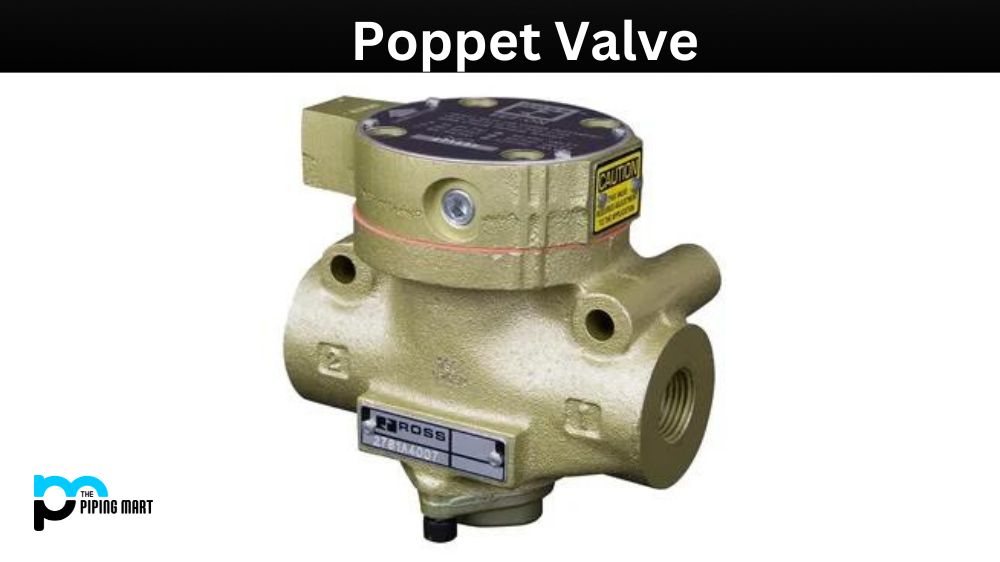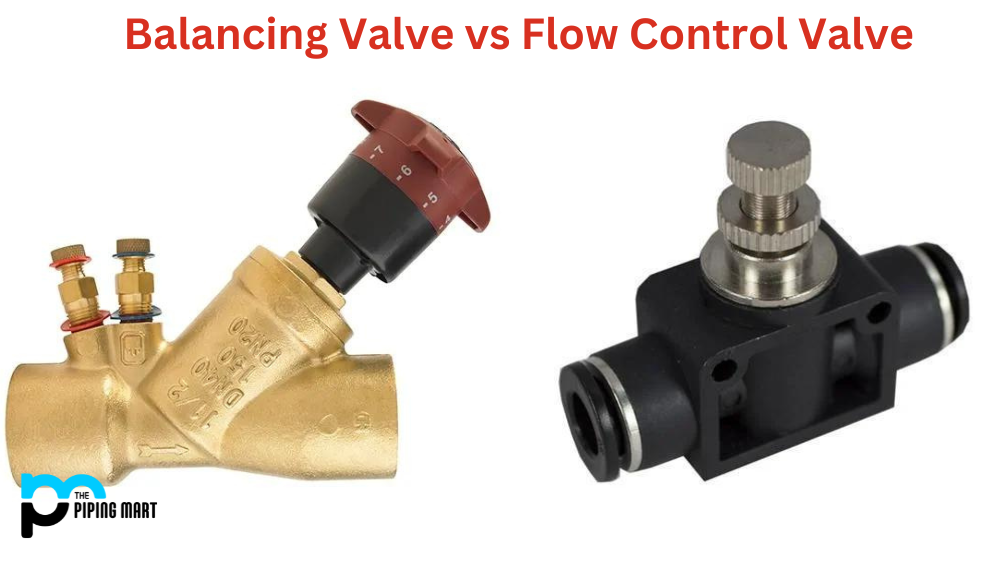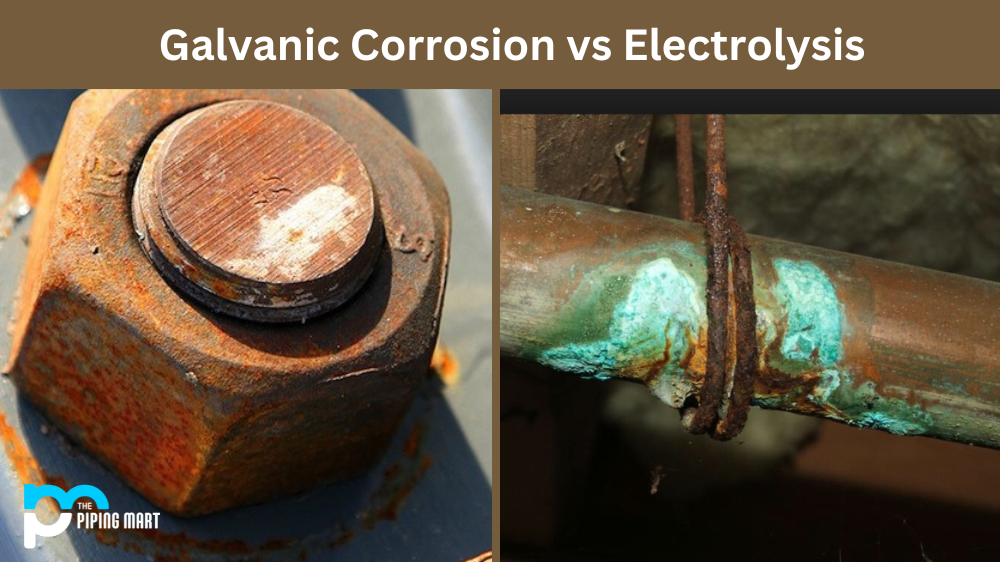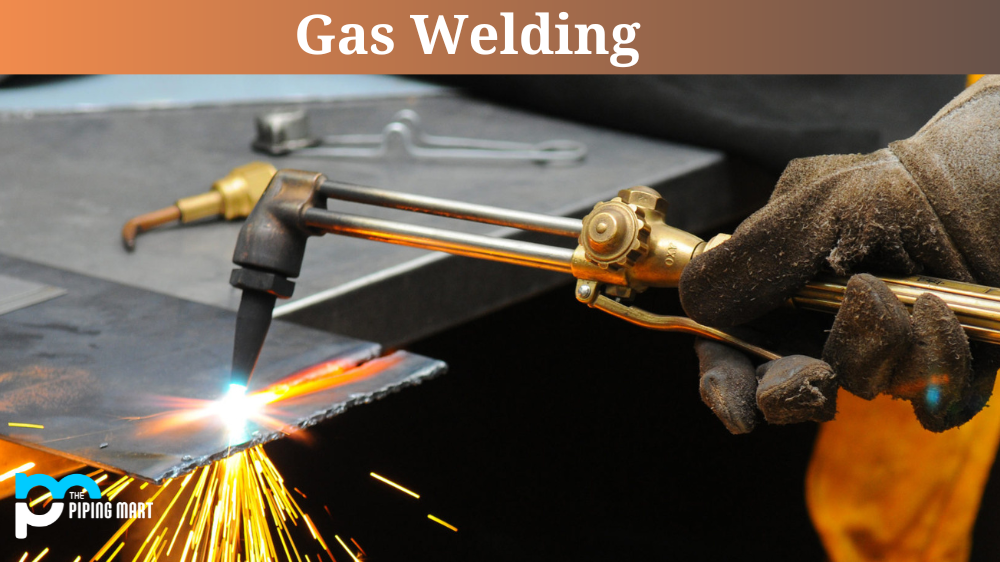Valves are an integral part of machinery and equipment, and they come in different types, such as gate, ball, butterfly, globe, and poppet valves. Among all valve types, poppet valves are widely used in engines, compressors, pneumatic systems, and hydraulic circuits. Poppet valves can control the fluid flow rate and direction, but they also have advantages and disadvantages like any other valve type. In this blog post, we’ll delve into the advantages and disadvantages of poppet valves to give you a better understanding of their role in machinery and equipment.
What is Poppet Valve?
A poppet valve is a type of valve consisting of a plug and a sleeve used to control the flow of liquids, gases, or other materials. They are commonly found in engines and pumps, using mechanical force to open or close when necessary. Poppet valves provide reliable sealing due to their simple construction and minimal contact area between the mating parts.
Advantages of Poppet Valve:
Low Friction: Compared to other valve types, such as gate valves, poppet valves have less internal friction, requiring less power to operate.
Better Sealing: Poppet valves have better-sealing properties than other valve types. They use a spring to create a tight seal, which prevents fluid leakage.
High Flow Rate: Poppet valves can handle high flow rates of fluids and gases with minimal pressure drop. The spring-loaded design allows for fast valve opening and closing, making it ideal for applications requiring rapid flow regulation.
Easy to Maintain: Their simple construction makes Poppet valves easy to maintain. The valve body has fewer parts than other types, making it less prone to failure.
Disadvantages of Poppet Valve:
Limited Pressure and Temperature Range: Poppet valves have pressure and temperature range limitations. High temperatures and pressures can cause the valve to fail, leading to leakage or even rupture.
Prone to Clogging: Poppet valves are susceptible to clogging, especially in applications that handle fluids with high solid content. This can cause a partial or total blockage of the fluid flow, leading to reduced efficiency or even damage to the valve.
Lubrication Requirement: Poppet valves require regular lubrication to ensure proper operation. Failure to lubricate the valve can cause it to wear out quickly or even seize up.
Limited Applications: Poppet valves are unsuitable for all fluids and gases. They are unsuitable for corrosive or abrasive fluids, which can cause damage to the valve body or internal components.
Conclusion:
In conclusion, poppet valves are reliable and efficient, but as with any other technology, they have advantages and disadvantages. When selecting a valve for your application, consider the type of fluid or gas, operating pressure and temperature, and required flow rate. By understanding the advantages and disadvantages of poppet valves, you can make an informed decision and ensure that your machinery or equipment operates smoothly and efficiently.




